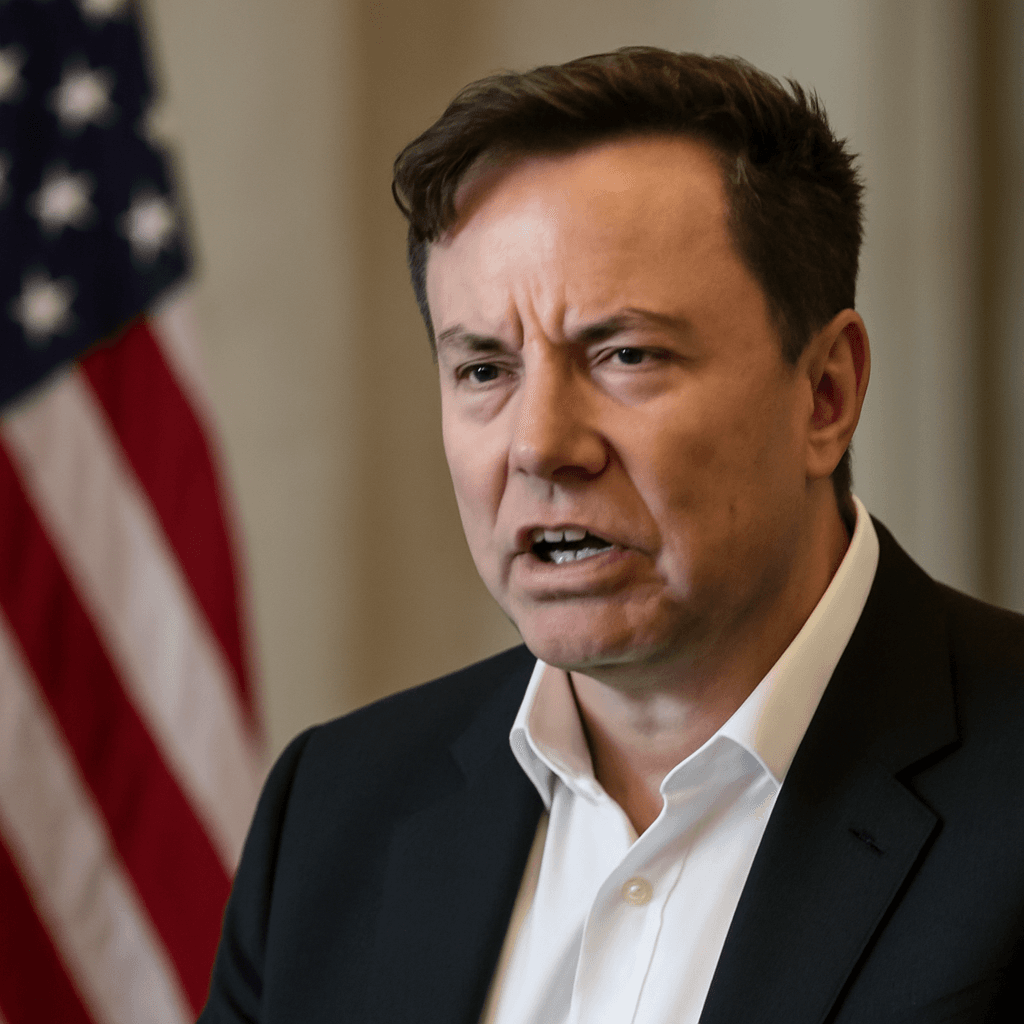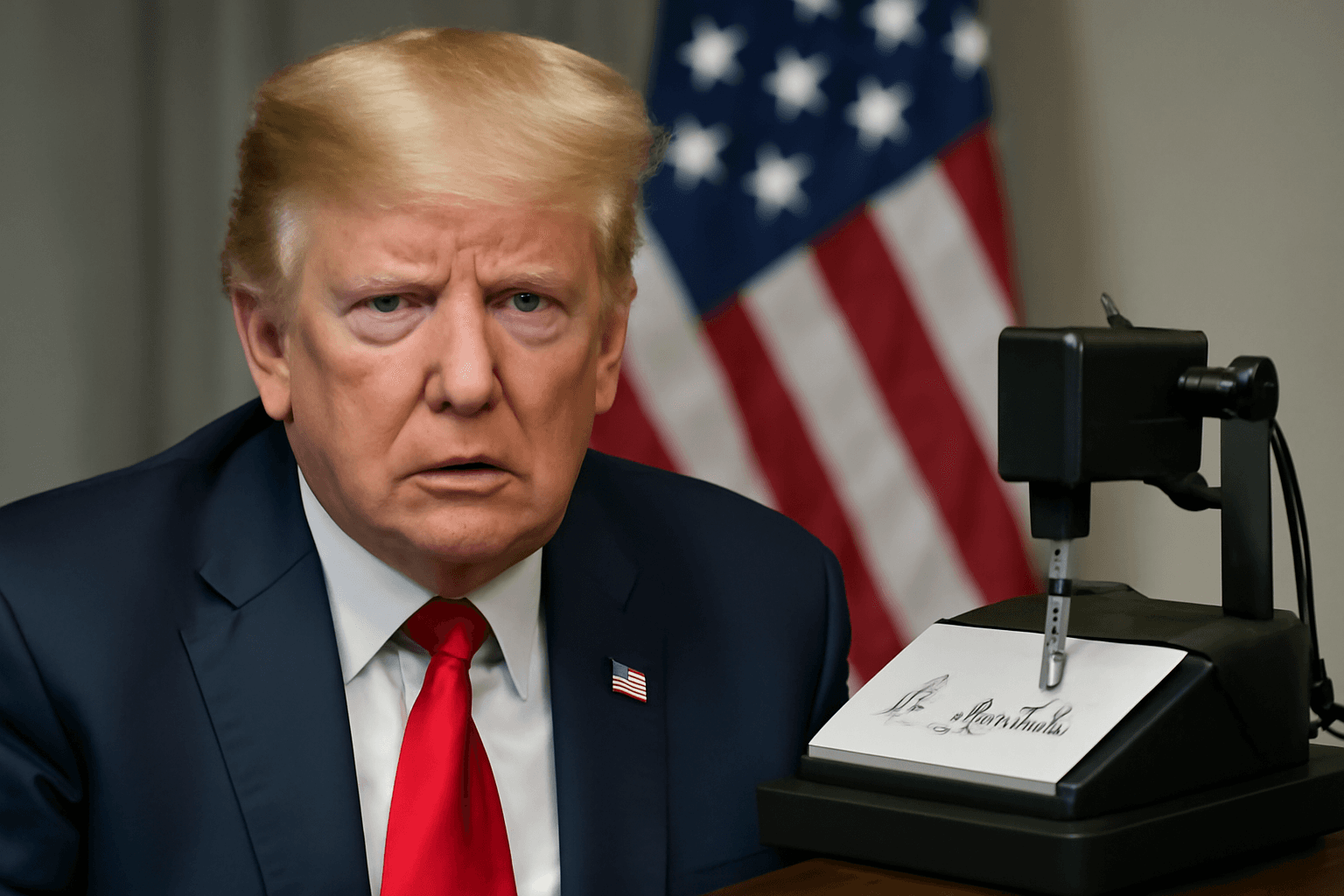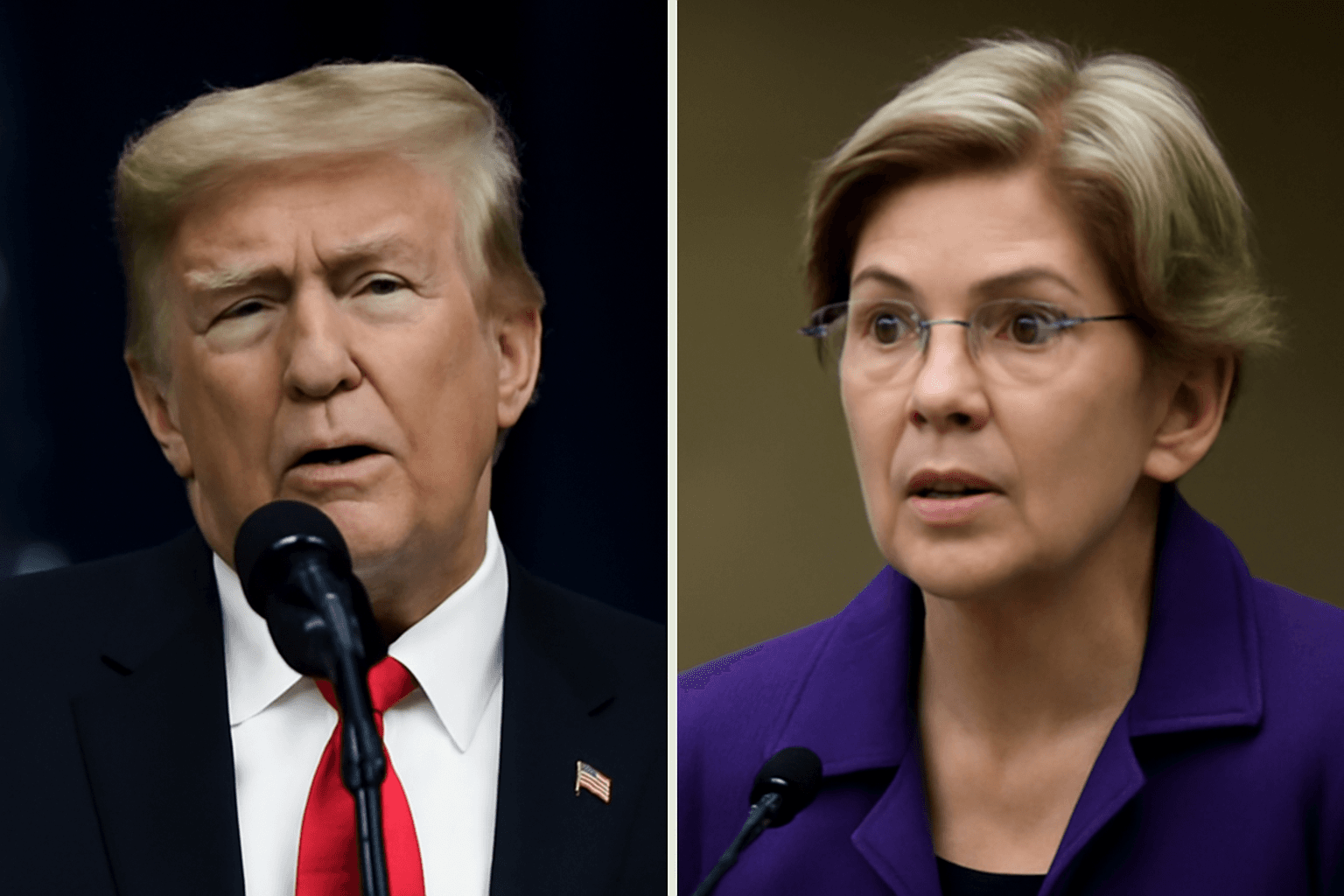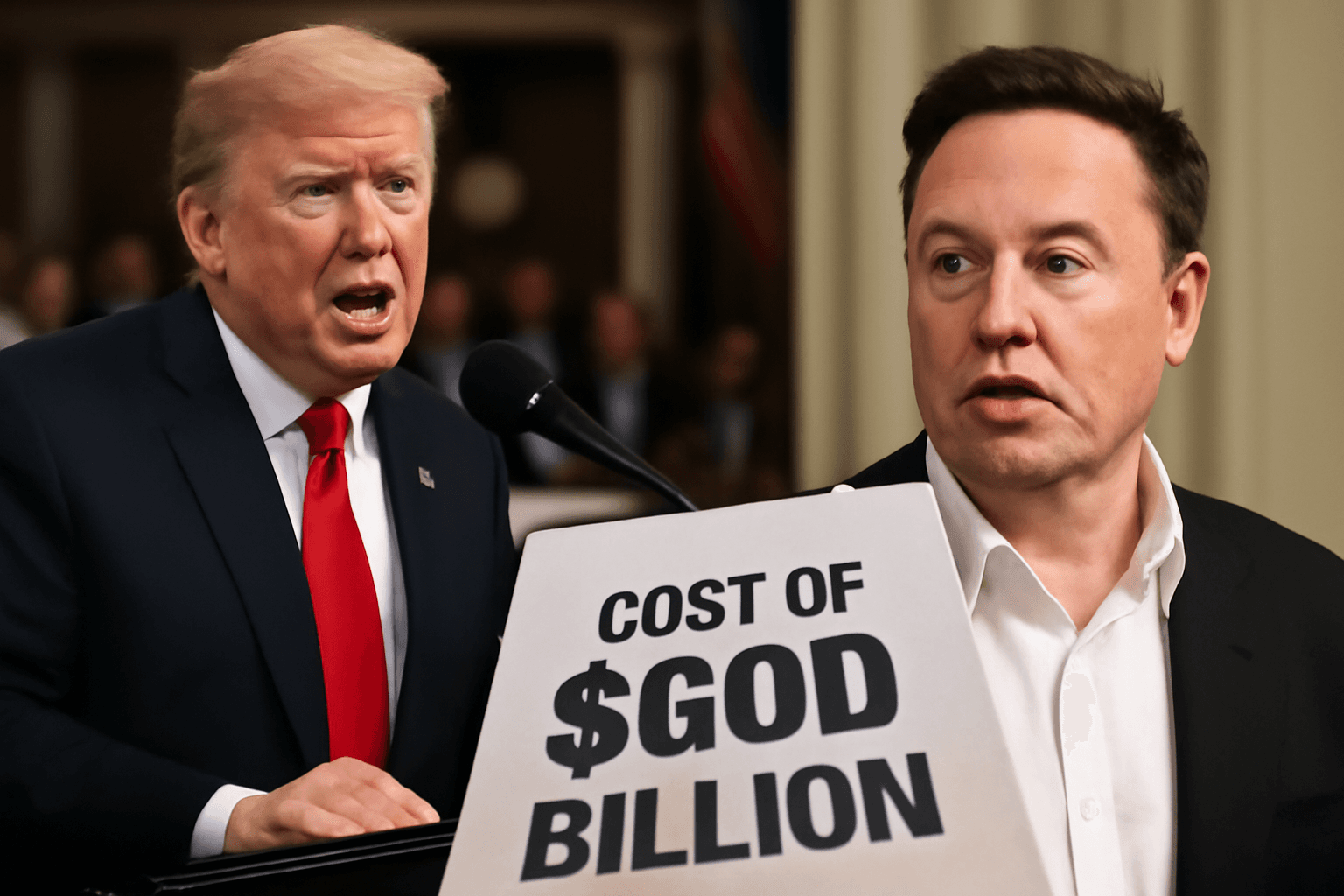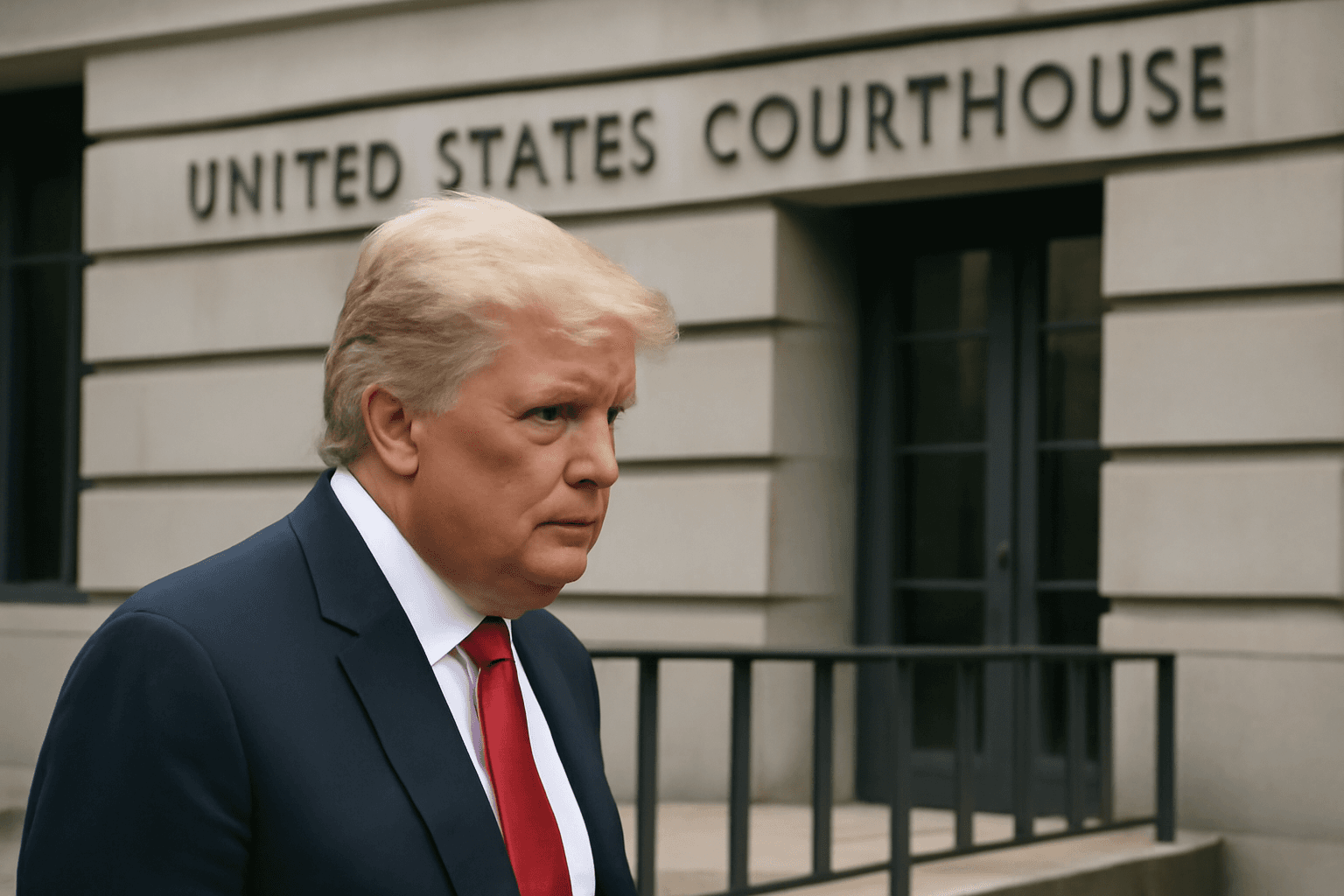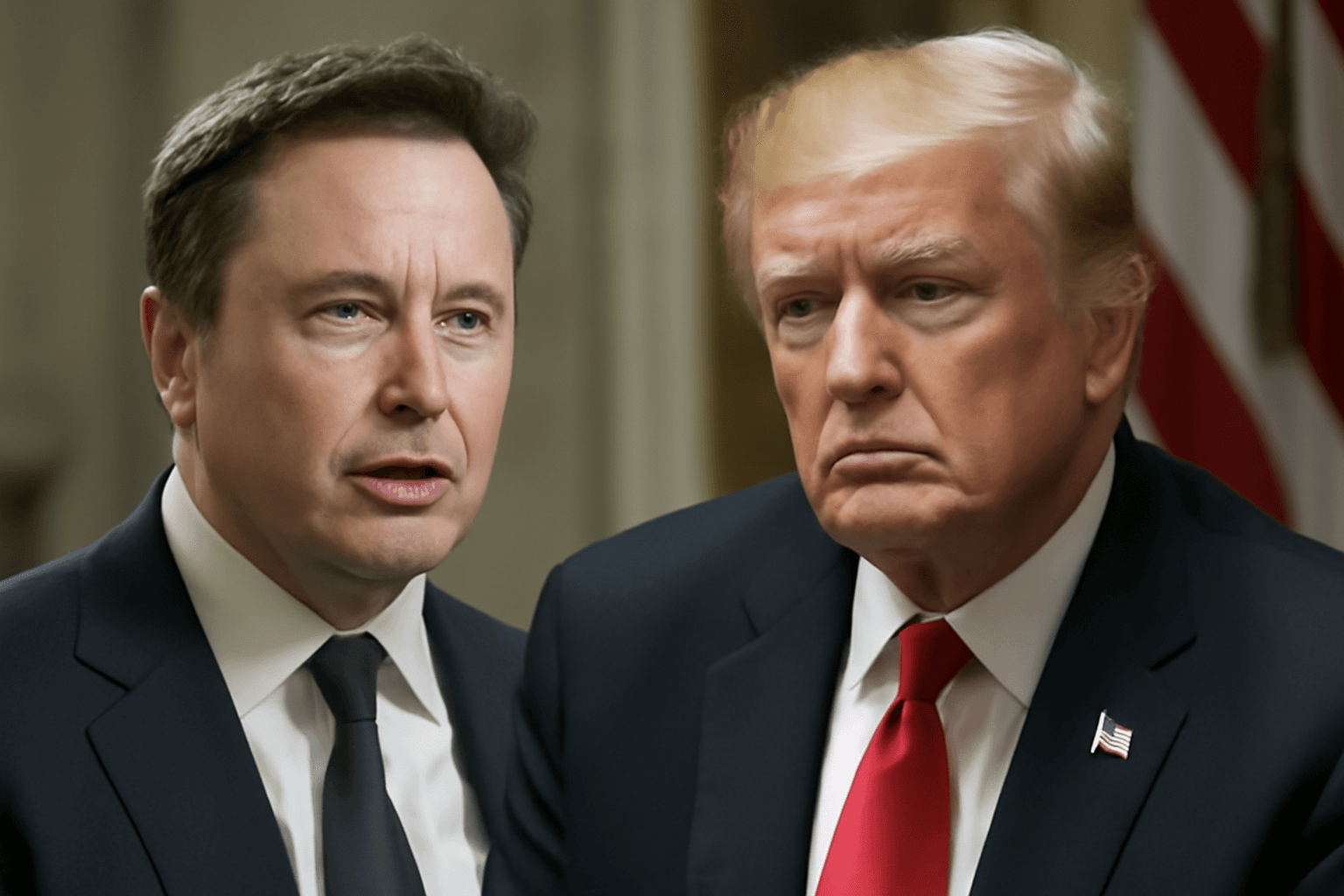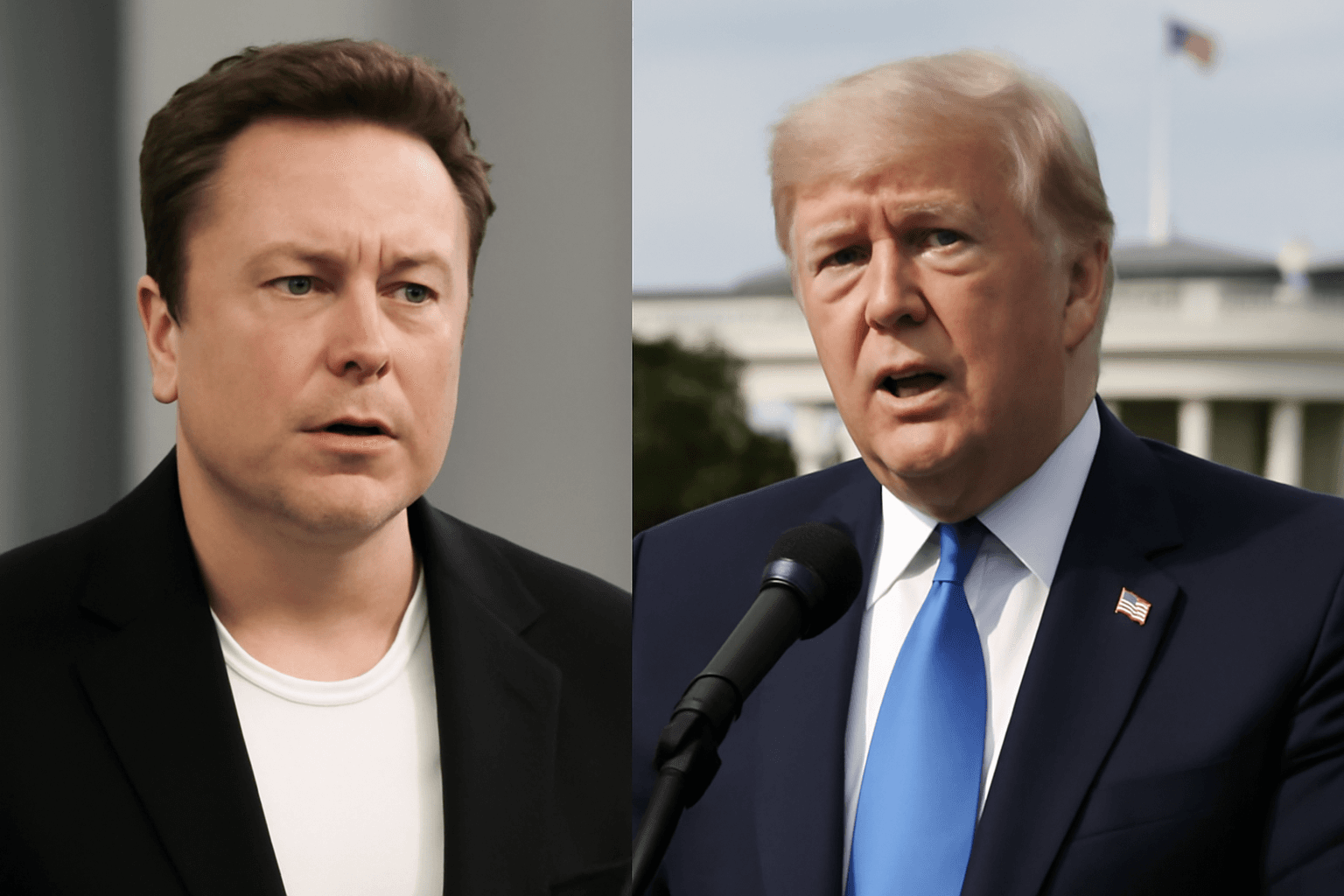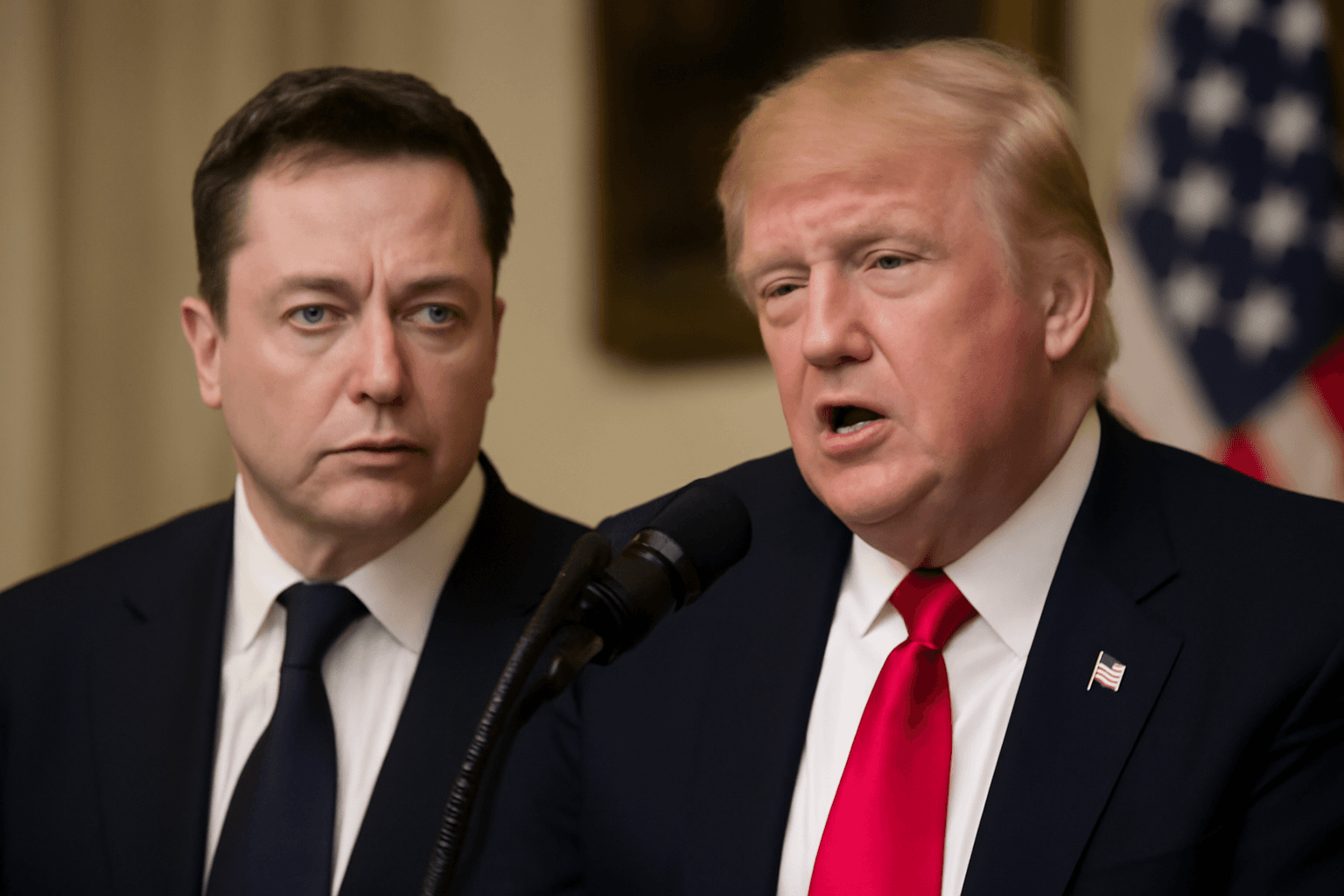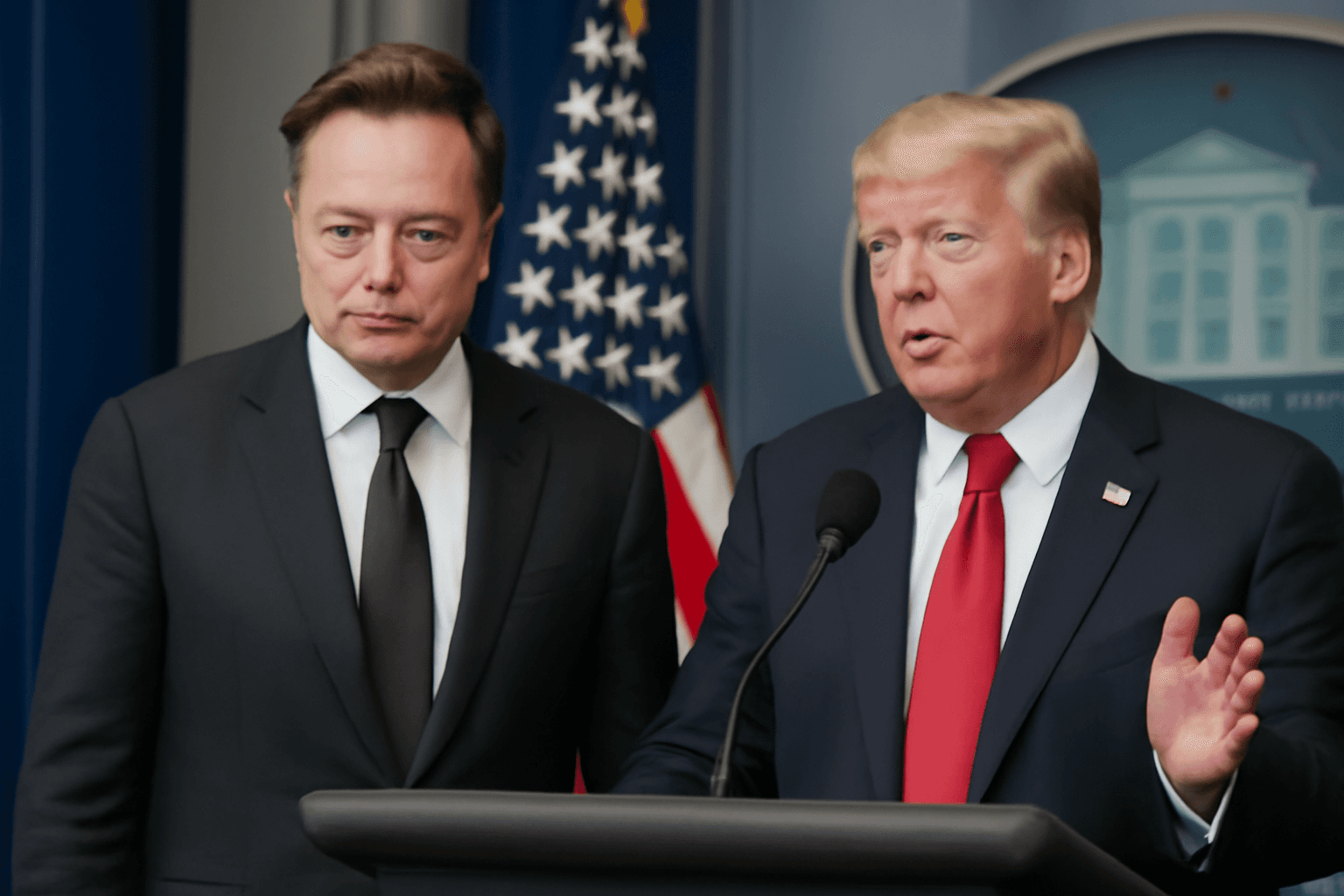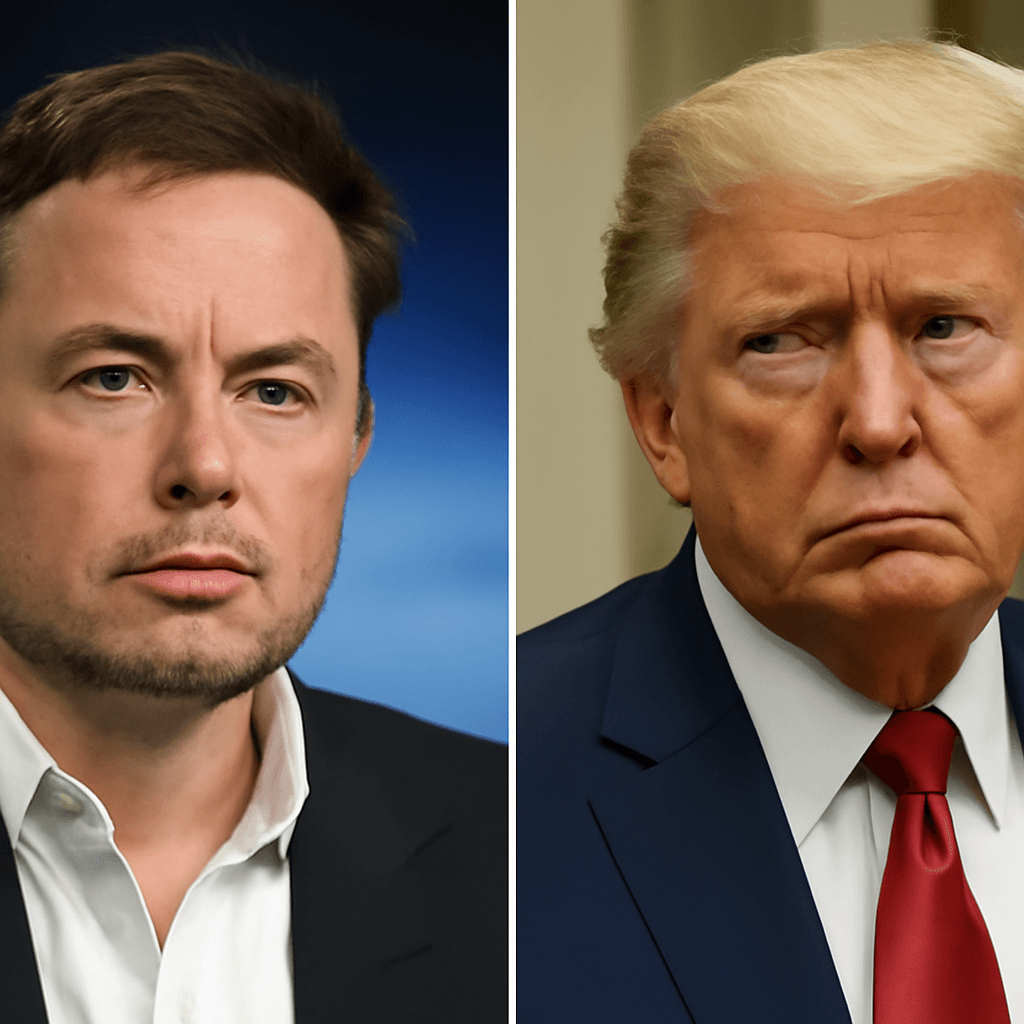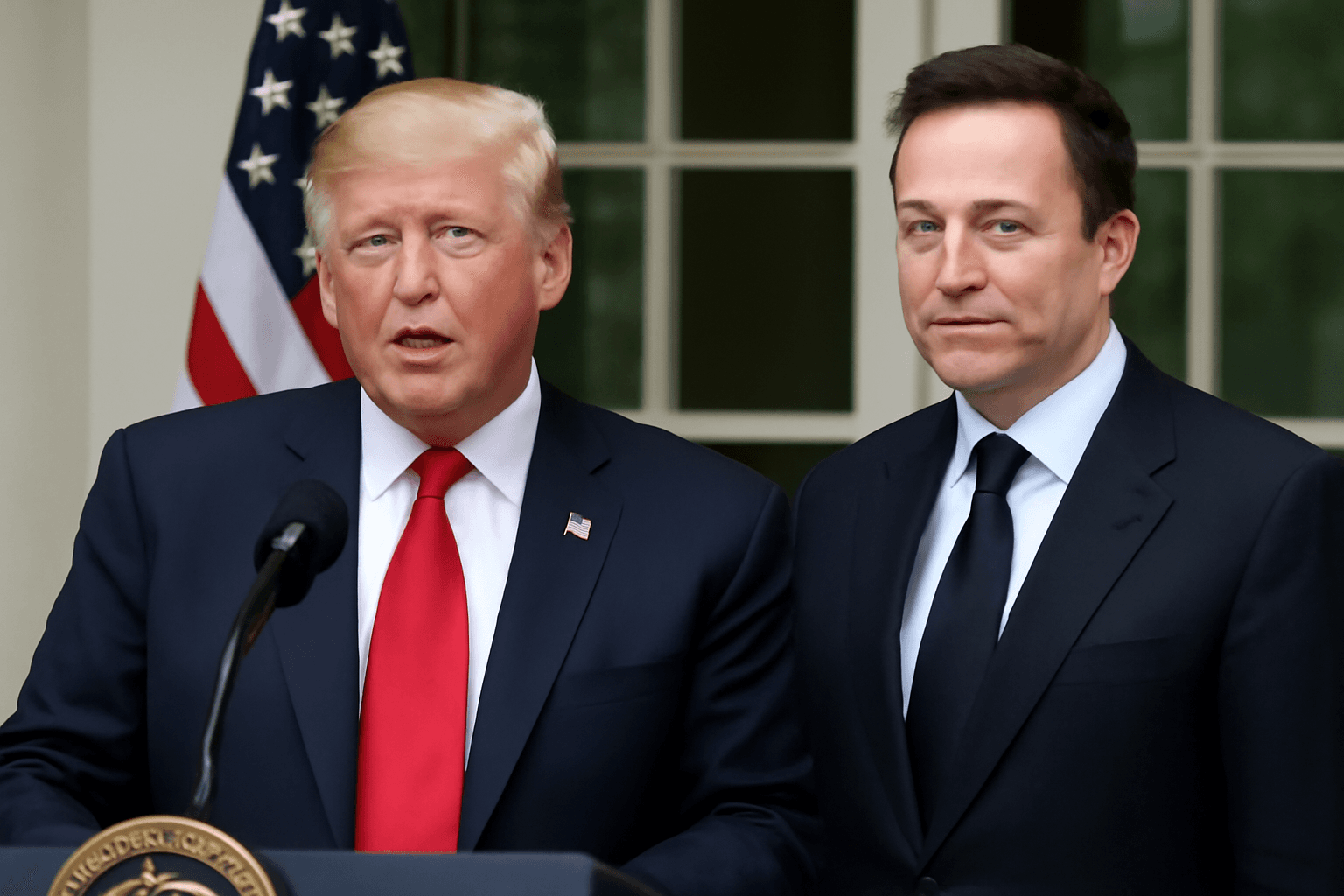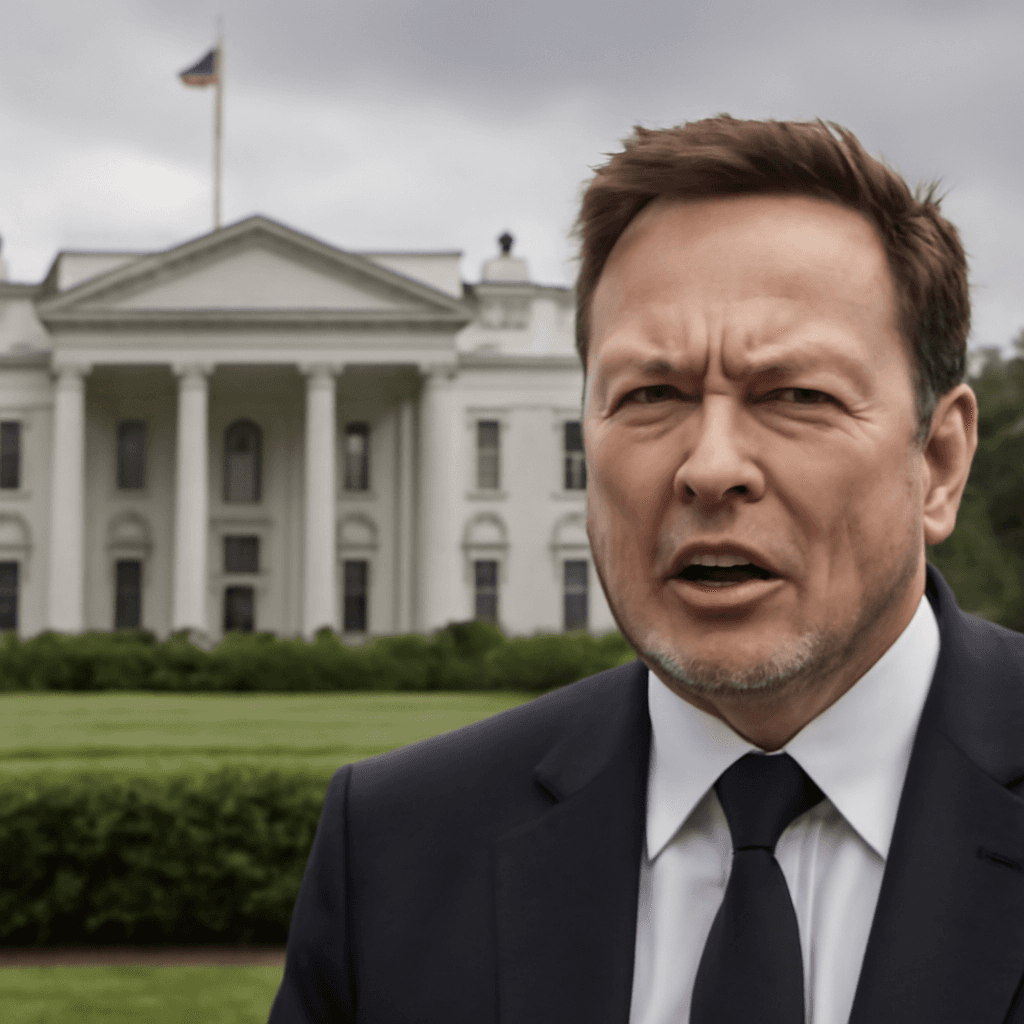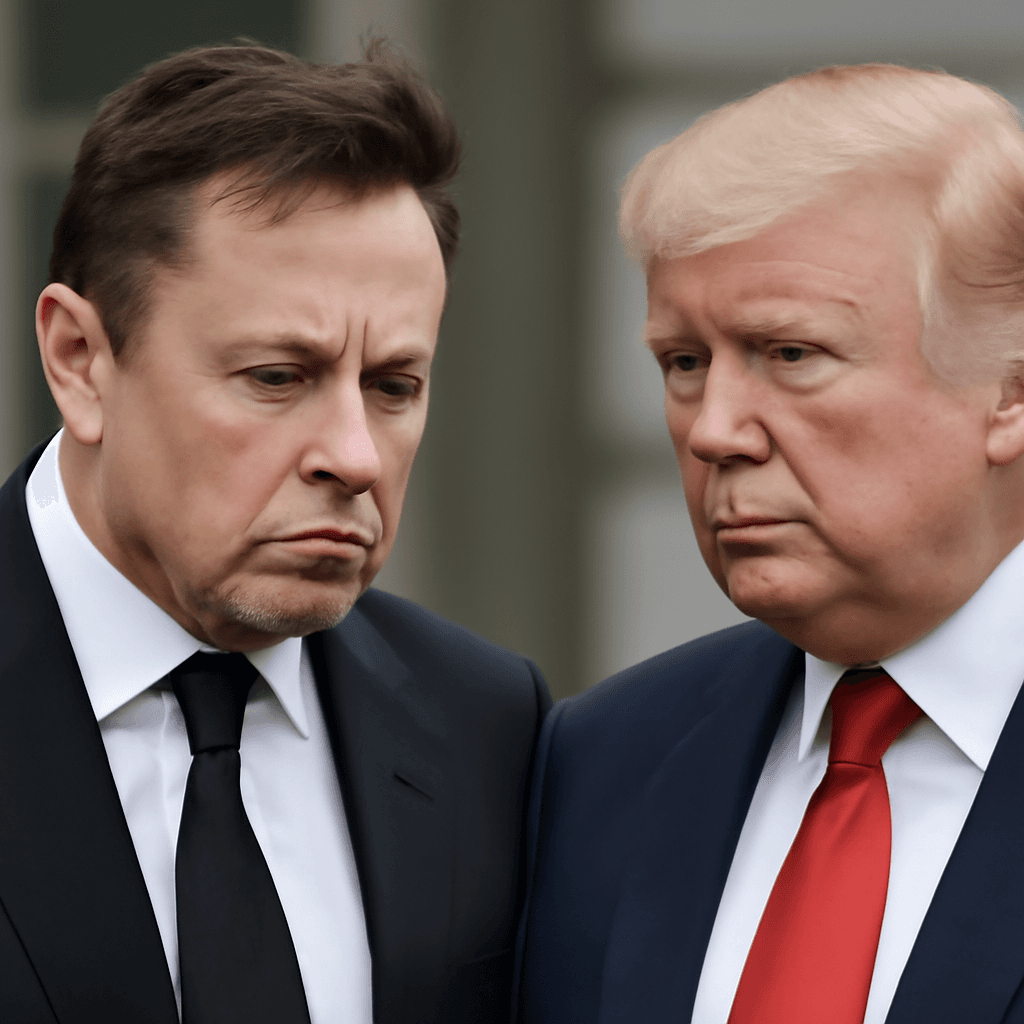Elon Musk Condemns Major US Tax and Spending Bill
Elon Musk has publicly criticized a substantial tax and spending bill backed by US President Donald Trump, branding it a "disgusting abomination" in a post on X.
Background of the Controversial Legislation
The bill, referred to by President Trump as the "big, beautiful bill," recently passed the House of Representatives by a narrow margin of one vote and is currently under Senate consideration. It encompasses significant tax and federal spending provisions.
Musk’s Role and Reaction
Previously appointed by Trump to lead an initiative aimed at enhancing government cost-cutting and efficiency, Musk had advocated for reforms within several federal agencies. Despite his efforts, the savings achieved fell short of expectations. His tenure as a special government employee with the Department of Government Efficiency concluded last week.
Following this, Musk expressed his vehement disapproval of the legislation, stating on X:
“This massive, outrageous, pork-filled Congressional spending bill is a disgusting abomination. Shame on those who voted for it: you know you did wrong. You know it.”
Fiscal Concerns and Political Responses
Fiscal conservatives have raised alarms about the bill’s potential to increase the national debt by trillions, at a time when concerns over the US deficit are intensifying among investors.
Supporters of Musk's now-disbanded Department of Government Efficiency have also voiced concerns that the bill could undermine prior government savings initiatives.
When questioned about Musk’s criticism, White House Press Secretary Karoline Leavitt responded that President Trump remains supportive of the legislation, affirming it as “one big, beautiful bill.”
Summary of Key Points
- Bill status: Passed House narrowly; pending Senate review
- Musk’s view: Strong opposition, describing it as pork-filled and wasteful
- Fiscal impact concerns: Potential addition of trillions to national debt
- Government efficiency efforts: Musk’s role recently concluded amid limited savings
The debate surrounding the legislation highlights broader tensions over fiscal responsibility and government spending priorities in the current US political climate.

